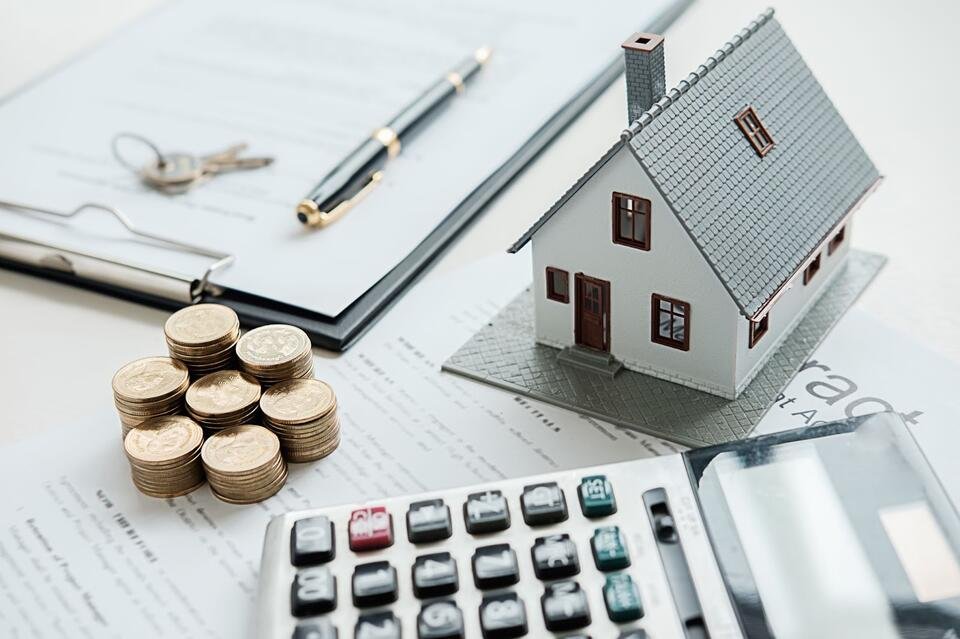When it comes to buying or selling property, understanding what affects home prices is essential. Whether you’re a buyer, seller, or real estate investor, being aware of the things that impact the price of a home can help you make better decisions, set realistic expectations, and negotiate with confidence.
In this blog, we’ll explore the top 5 factors that impact home prices in today’s market—based on real estate trends, data, and expert analysis.
Things that Impact the Price of a Home
1. Location, Location, Location
It’s no secret that location is one of the most significant things that impact the price of a home. In fact, it’s often said that a home’s value is more about where it is than what it is.
Why it matters:
- Homes in popular or growing neighbourhoods tend to appreciate faster.
- Proximity to top-rated schools, shopping centres, business hubs, and public transportation increases value.
- Crime rates, walkability, and access to green spaces all influence desirability and price.
Even two nearly identical homes can vary in price dramatically simply because they are in different ZIP codes.
2. Market Conditions
The real estate market is always changing. Economic trends, interest rates, and housing supply and demand play a crucial role in determining what buyers are willing to pay and what sellers can ask.
Key market factors:
- Seller’s market: Demand is high, supply is low — home prices increase.
- Buyer’s market: Supply is high, demand is low — home prices decrease.
- Interest rates: Low mortgage rates make homes more affordable, driving up demand and prices.
If you want to buy low or sell high, you need to understand the timing and broader market dynamics in your area.
3. Condition and Age of the Home
A well-maintained, recently updated home is always more appealing to buyers. That means the condition and age of a home directly impact how much someone is willing to pay.
Factors that affect condition:
- Roof and foundation status
- Plumbing and electrical systems
- HVAC and appliances
- Cosmetic updates like flooring, paint, and countertops
Older homes may have charm, but if they require major repairs or upgrades, they may be priced lower than newer properties with modern features.

4. Size and Usable Space
When it comes to property pricing, bigger usually means better—but it’s not just about square footage. The layout, functionality, and livable space inside the home matter just as much as total size.
What buyers look at:
- Number of bedrooms and bathrooms
- Open-concept layouts
- Finished basements or attics
- Storage areas like garages or closets
- Outdoor living space: patios, decks, or large yards
A home with smart, usable space is often priced higher than one with awkward layouts or wasted square footage.
5. Upgrades and Features
Lastly, upgrades and home features can significantly affect a property’s value. Today’s buyers are willing to pay more for homes that feel move-in ready or have modern amenities.
Valuable upgrades:
- Updated kitchen and bathrooms
- Energy-efficient windows and systems
- Smart home features (thermostats, lighting, security)
- Hardwood floors, fresh paint, and new fixtures
- Curb appeal improvements like landscaping or a new front door
These enhancements can give sellers a competitive edge and help increase listing prices.
Bonus Factors to Consider
While the above are the top things that impact the price of a home, here are a few more worth noting:
- School District: Even for buyers without kids, homes in top school zones command higher prices.
- Zoning and Future Development: Planned developments or commercial projects nearby can increase or decrease value.
- Property Taxes: High taxes can discourage buyers and lower demand.
- HOA Fees: Expensive HOA fees can impact the home’s affordability and resale potential.
Conclusion
When evaluating home prices, remember that the value of a property is never based on one single factor. It’s the combination of these five elements—location, market conditions, condition, size, and features—that determine what a home is truly worth.
Understanding the things that impact the price of a home empowers buyers to make smarter offers and helps sellers price their homes competitively.
Read More Should You Rent or Buy a Home?
FAQs
1. Does location really matter that much in real estate?
Yes, location is often the biggest factor. A great home in a poor location may sell for less than an average home in a top neighbourhood.
2. How does the economy affect home prices?
A strong economy boosts buyer confidence, while rising interest rates or inflation can lower demand and home prices.
3. Are upgrades always worth it before selling?
Not all upgrades pay off. Focus on high-ROI improvements like painting, flooring, and kitchen/bath updates.
4. Why do two similar homes have different prices?
Factors like neighbourhood, school zones, lot size, or even interior condition can create significant price differences.
5. Can market timing affect how much I get for my home?
Yes. Selling during a strong market or peak season can help you get a higher price than during slower times.







